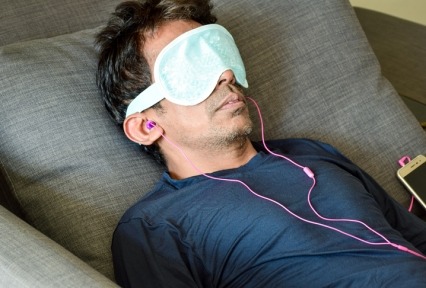Highlights
Image

©Getty Images/Debalina Ghosh
- Two dissociative drugs are currently FDA-approved: ketamine, which is approved as an anesthetic, and its derivative, esketamine, for treatment resistant depression. Scientists are investigating whether other psychedelic or dissociative drugs may be effective treatments for substance use disorders and other mental disorders.
- Though research is ongoing, scientists suspect that some of these substances may cause brain changes that boost the effectiveness of treatments for mental health disorders. The drugs are always administered under medical supervision during research studies, usually in combination with treatments such as talk therapy.
- In partnership with other agencies at the National Institutes of Health (NIH), NIDA supports and conducts research to better understand the health effects of psychedelic and dissociative drugs and to learn whether some of them may help treat addiction and other mental health disorders in medical settings.
Latest from NIDA
Could psychedelics harness neuroplasticity to treat addiction and other mental illness?
|
Psychedelics are potentially promising treatments, but research is needed to better understand how they work.
Cannabis and hallucinogen use among adults remained at historic highs in 2023
|
Vaping among younger adults and binge drinking among mid-life adults also maintained historically high levels
Law enforcement seizures of psilocybin mushrooms rose dramatically between 2017-2022
|
NIH-supported research highlights need to better understand psilocybin in context of growing psychedelic use
Find More Resources on Psychedelic and Dissociative Drugs as Medicine
- See recordings of a workshop on psychedelics as therapeutics from the National Institute on Mental Health.



